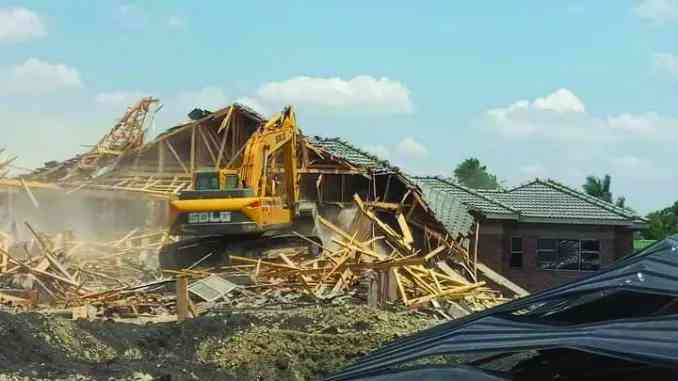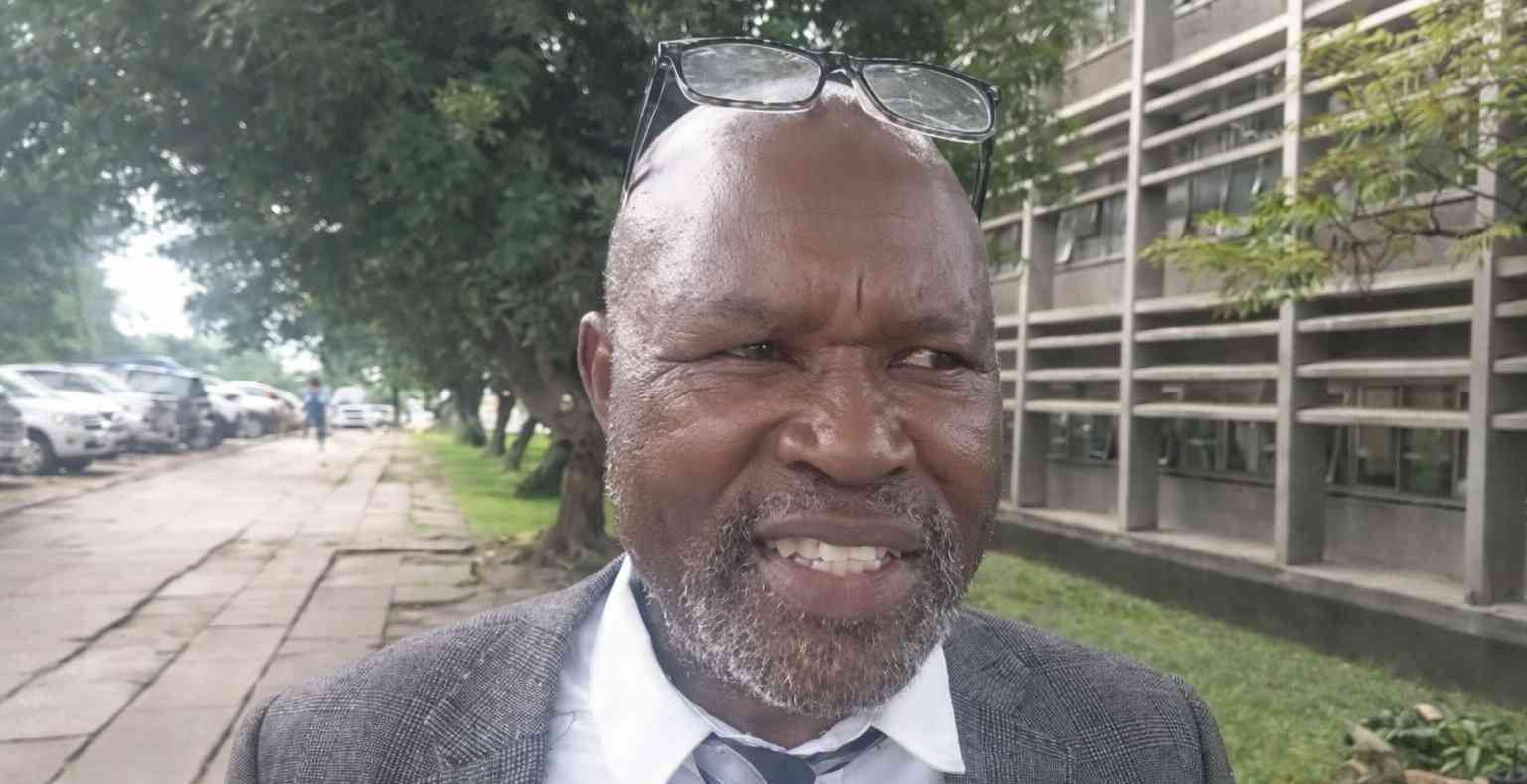
Harare has been plagued by rampant demolitions, leaving thousands of residents displaced and vulnerable.
This phenomenon is not only a symptom of incompetence and inhumanity, but also a reflection of the deep-seated corruption and mismanagement that pervades the city's governance structures.
As a concerned citizen, I am compelled to speak out against this injustice and appeal to the relevant authorities to take immediate action to address this crisis.
The recent leaked document from the Harare City Council clearly indicates a proposed plan to demolish approximately 22 000 houses in Harare, which has sparked widespread concern and debate among citizens.
While the council claims that these demolitions are necessary to address urban planning and development issues, many citizens and stakeholders have raised questions about the motivations and logic behind this decision, given the significant number of people affected and the potential impact on affected communities.
The council's plan to demolish houses in different parts of Harare has been criticised for failing to take into account the needs and concerns of affected communities and has been accused of being inhumane and incompetent, with many questioning the logic behind the decision.
This has caused many residents to express fears about their future and the impact that the demolitions will have on their livelihoods. In fact, lack of transparency and accountability in the council's decision-making process has raised concerns about the motives behind the demolitions and the council's plan has been widely criticised for being overly ambitious and unrealistic, given the limited resources and capacity of the council and accused of being discriminatory, with some arguing that it will disproportionately affect vulnerable communities.
There are concerns that the demolitions are being politicised, with some accusing the Harare City Council of targeting Zanu PF supporters while protecting opposition party members.
- Harare cancels Pomona waste deal
- Devolution gains remain a mirage
- Harare cancels Pomona waste deal
- Pomona saga: Harare handed shock US$750k ‘garbage’ bill
Keep Reading
This has led to allegations of selective enforcement and bias in the application of the law, which creates an atmosphere of fear and uncertainty.
The politicisation of the demolitions has also raised concerns about the council's motivations and the potential for abuse of power, with many residents expressing fears that the council is using the demolitions as a tool for political retribution and intimidation, rather than as a means of addressing urban planning and development issues.
These proposed demolitions have highlighted the lack of trust between the Harare City Council and the community, with many residents feeling that the council is not listening to their concerns and is instead imposing its will without regard for the impact on their lives.
As such, the council's history of alleged corruption and mismanagement has eroded trust in the institution, and the council needs to take steps to rebuild trust with the community, including engaging in meaningful consultations and providing transparent and accountable decision-making processes.
Reports suggest that a Commission of Inquiry into the Harare City Council has revealed alleged rampant corruption and mismanagement within the council.
The commission's preliminary findings have raised serious questions about the council's ability to manage the city's affairs and highlighted the need for urgent reforms.
The alleged corruption and mismanagement have contributed to the lack of trust between the council and the community, with many residents feeling that the council is more interested in lining its own pockets than in serving the needs of the community.
The proposed demolitions also raise questions about the council's commitment to achieving Vision 2030, which aims to transform Zimbabwe into an upper-middle-income economy by 2030.
Such demolitions are likely to exacerbate poverty and inequality, undermining the government's efforts to achieve this vision and its housing development goals as clearly spelt in the National Development Strategy 1 (NDS1), which aims to provide affordable housing for all citizens, but the demolitions contradict this goal and create uncertainty and insecurity for many residents.
In addition to the proposed demolitions in Harare, there have been recent demolitions in other parts of the country, including Chinhoyi Citrus, Warwick, and Cloverdale Farms just to mention a few.
These demolitions have highlighted the need for a more nuanced and inclusive approach to urban development, with affected communities arguing that they are being unfairly targeted and that their rights are not being respected.
Given the concerns raised about these demolitions, it is essential that thorough investigations are conducted to establish the correct facts on the ground and determine the motivations behind such demolitions, the potential impact on the affected communities, and the council's decision-making process.
In conclusion, the proposed demolitions in Harare are a stark reminder of the city's governance crisis, which has led to a situation where the rights of citizens are being trampled upon, and the rule of law is being selectively applied.
It is essential that the council engages with the community and finds solutions that balance the need for development with the rights and needs of residents.
The government must take immediate and decisive action to address the root causes of this crisis, including the alleged corruption and mismanagement within the council, and prioritise the needs of its citizens and work towards creating a more just and equitable. In order to address these challenges, I propose the implementation of the following recommendations:
The government should urgently intervene to address the challenges in Harare and take steps to ensure that the city is governed in a transparent and accountable manner, and that the rights of all citizens are protected. This may involve appointing a commission to run the city, as was done in the past, to restore order and stability.
The Harare City Council needs to adopt a more inclusive and nuanced approach to urban development that takes into account the needs and concerns of all stakeholders. This includes engaging with the community, addressing alleged corruption and mismanagement, and prioritizing the needs and well-being of residents.
Thorough investigations should be conducted to establish the facts on the ground and determine the motivations behind the demolitions.
- Clever Marisa (PhD) is a social scientist and public health practitioner. The views expressed here are his own and do not necessarily reflect the views of his affiliated institution or any other organisation.











